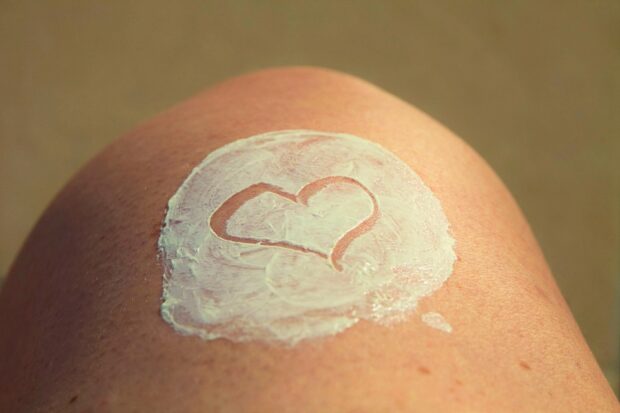
The market is flooded with skincare products for all skin types, conditions, and budgets. From Asian beauty to drugstore brands, there is plenty to choose from, and it can get both overwhelming and confusing. Most skincare forums ask people to do their research when buying products. However, it can be challenging to figure out where to start. Here’s how you should go about it.
Figure Out Your Skin Type
Since skincare routines are as unique as people, you will have to build one suited to your skin’s needs. Your first step in doing that is to figure out what type of skin you have. Do you have oily, dry, normal, or combination skin? Is it sensitive? Does it like fragrances, or does it prefer fragrance-free products? Do you have acne problems, and if so, do you have hormonal or cystic acne? Figuring out what type of skin you have is the first step towards building your skincare regime, so it is essential that you don’t skip this step. Otherwise, you stand to lose a lot of money and waste time buying products unsuited for your skin.
Decide On Your Skin Philosophy
Your skin philosophy is what type of regime you want to follow. Are you a minimalist and want to stick to only cleansing-toning-moisturizing? Are you more drawn to the 10-step Kbeauty regime? Do you believe in traditional skincare like kitchen DIYs? Do you only want to invest in organic products? Because of the sheer number of products available, you should narrow down your search field using this criterion to avoid getting confused. This way, you’ll also be able to research in-depth about the standards you should measure your shortlist against and understand why each product works.
Researching can also get intimidating, and you might go in a different direction altogether and decide you want to consult a professional and use only dermatologist-recommended products. If you’re new to skincare, researching the different skincare philosophies can also give you a general overview of the different kinds of routines people follow. This gives you foundational knowledge about taking care of your skin. It can also help you figure out how much effort you want to put into your regimen daily.
Read Reviews
Once you know your skin type and skin philosophy, and you have a fair idea of what you want, it’s time to go on to the stars of the show – the products! You’ll find many remarkably similar options for every step of your routine, and it’s difficult to tell whether something will suit your skin. One of the best ways to shortlist products is to look at reliable websites that review products like RewindGuide. They are a great place to start figuring out what products are worth looking at further.
Your next step would be to identify skincare bloggers who have the same skin type as you do and see which products they recommend. If there is something you see being recommended by many people with your skin type, it would be a safe bet to assume they would work for you too.
Don’t Forget About The Weather!
Yes, climate plays a role in how products work on our skin, and it is a factor that should never be discounted when buying products. For example, something that contains humectants or chemicals that draw moisture into your skin can cause your skin to feel oily if you live in a humid environment. If you live in a dry climate, you might need heavier moisturizers year-round than what most people recommend.
The weather is often overlooked when it comes to skincare. If you’ve been trying a bunch of internet-recommended products that aren’t working for you, this might be the one factor you’re forgetting to take into consideration.
Just What The Doctor Ordered
Finally, if you can’t address your skin concerns on your own and have tried literally everything else, it might be time to consider professional help. Many people struggle with popular products for years before they consult a doctor and see a dramatic difference using pharmaceutical products in just a few months.
If you have particularly problematic skin, a dermatologist might be the best solution for you. A dermatologist will examine your skin and medical history and try to rule out underlying medical issues to repair your damaged skin. A dermatologist is often the only solution for people with conditions like cystic acne or psoriasis that can only be treated using prescription medication.



